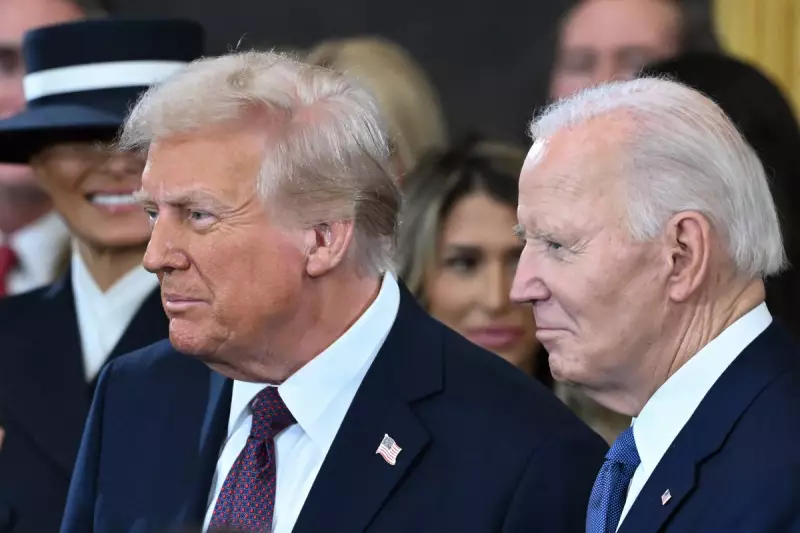
In a move that has ignited a political firestorm, President Joe Biden has utilised an autopen machine to formally enact a significant piece of legislation, drawing the immediate and fierce ire of his predecessor, Donald Trump.
The controversial decision, which saw a mechanical device replicate the President's signature rather than him signing the document by hand, concerns a bill that formally approves a crucial instrument related to the nation's foreign policy. The deployment of the autopen has thrust a typically obscure administrative tool into the centre of a heated constitutional debate.
The Roots of the Controversy
The practice of using an autopen is not entirely without precedent in modern American history. Previous presidents, including Barack Obama and George W. Bush, have occasionally resorted to the device for minor administrative tasks. However, its use for enacting substantive legislation of this nature is far rarer and is considered by many scholars to be on legally uncertain ground.
This specific action has provoked questions concerning the authenticity of the process and whether it truly satisfies the constitutional requirement for a president to "sign" a bill into law.
Trump's Blistering Response
Seizing on the event, Donald Trump launched a vehement attack on his successor. In a characteristically forceful statement, the former president lambasted the act as a dereliction of duty, questioning Biden's whereabouts and commitment to the responsibilities of his office.
Trump's outrage underscores the deep partisan divisions that continue to define American politics, turning a procedural mechanism into a symbol of presidential engagement—or lack thereof.
A Whitehall Dilemma
For observers in Westminster and Whitehall, the incident provides a fascinating contrast to British constitutional conventions. While the UK has its own complexities surrounding royal assent, the American system's detailed procedures for bill enactment are uniquely public and frequently politicised.
The autopen controversy raises profound questions about the intersection of tradition, technology, and executive power in the 21st century, setting a potentially significant precedent for how future administrations may conduct their official duties.





